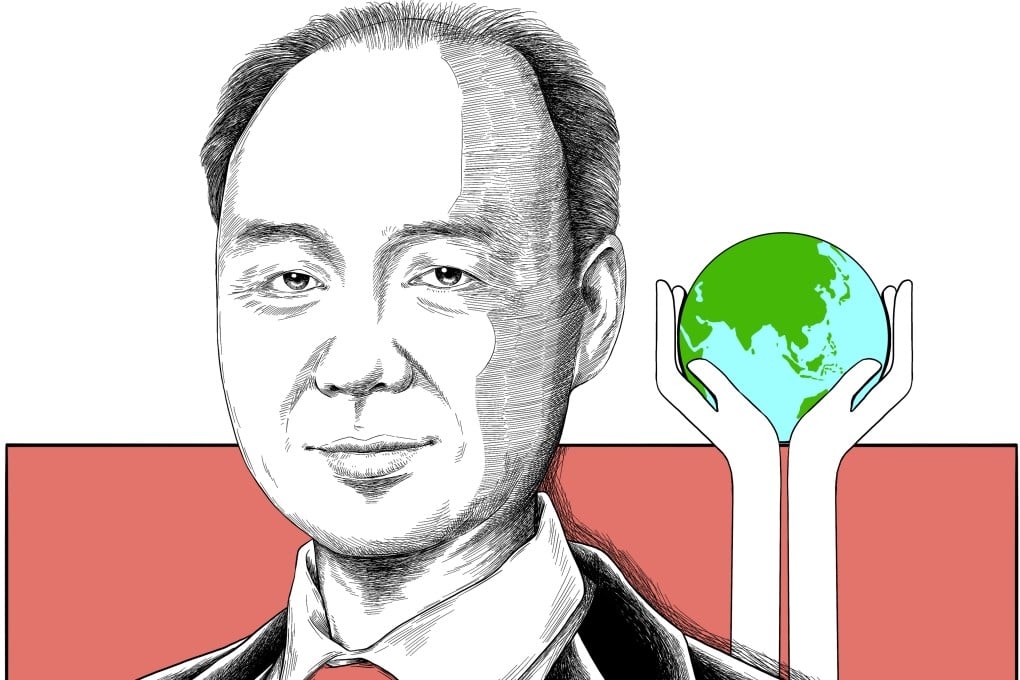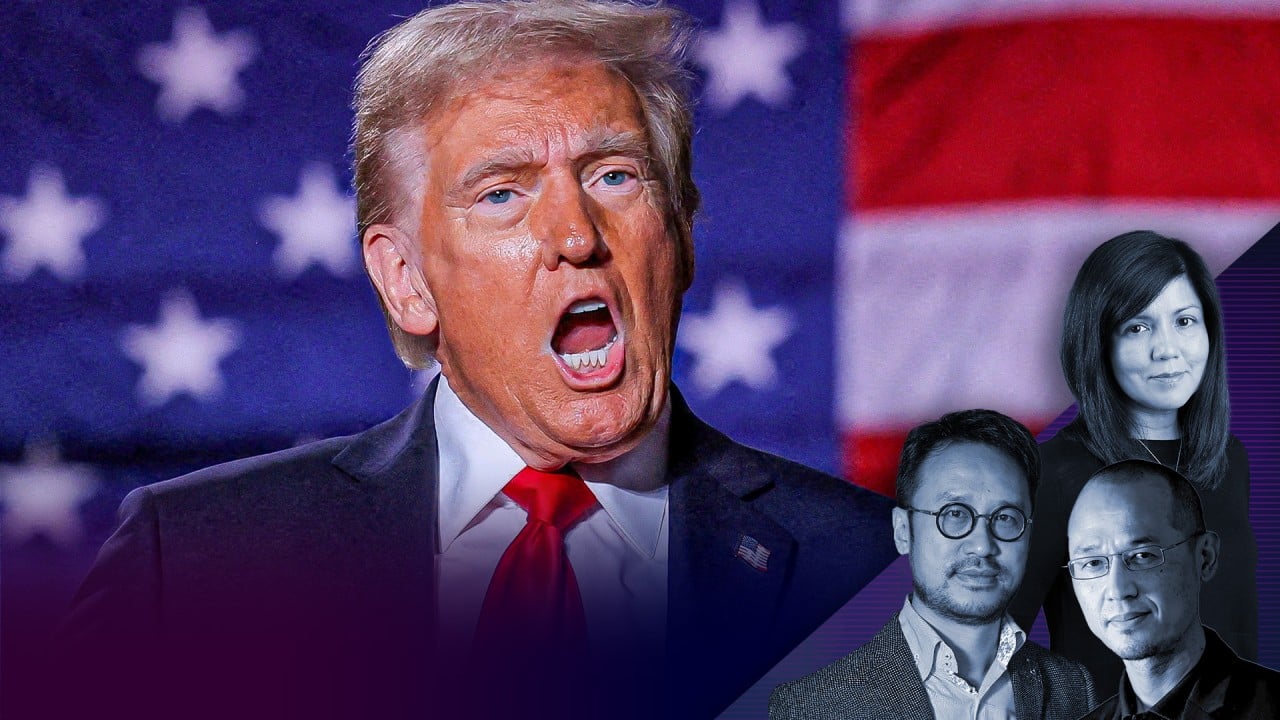Open Questions | Trump, Cop29 and why Chinese eco-warrior Ma Jun sees green shoots of hope
NGO founder explains how mapping initiative helps hold authorities and companies accountable for carbon emissions and cover-ups

It is another setback to global climate governance because international cooperation is so important and the United States is the second-largest emitter of greenhouse gases after China.
Different countries have to submit their new nationally determined contributions (NDCs) to the United Nations by February. [NDCs are greenhouse reduction plans by individual countries under the Paris Agreement.] We can expect the US to withdraw from the Paris Agreement again. Whether it will submit NDCs before the second Trump presidency is still unclear, but even if it does the delivery cannot be assured. Also, since the United States is a highly influential leader in many multilateral governance mechanisms, its withdrawal may also affect the integration of global climate initiatives in those mechanisms.
The cooperation between China and the United States at the national and federal levels, and the earlier agreements reached by the two countries such as that reached during the Sunnylands summit last year, may also be affected.
That means China-US cooperation at the subnational level or among the private sectors, like the cooperation between California and China, and the cooperation to promote green and low carbon supply chains by US and Chinese companies, will become more important.
